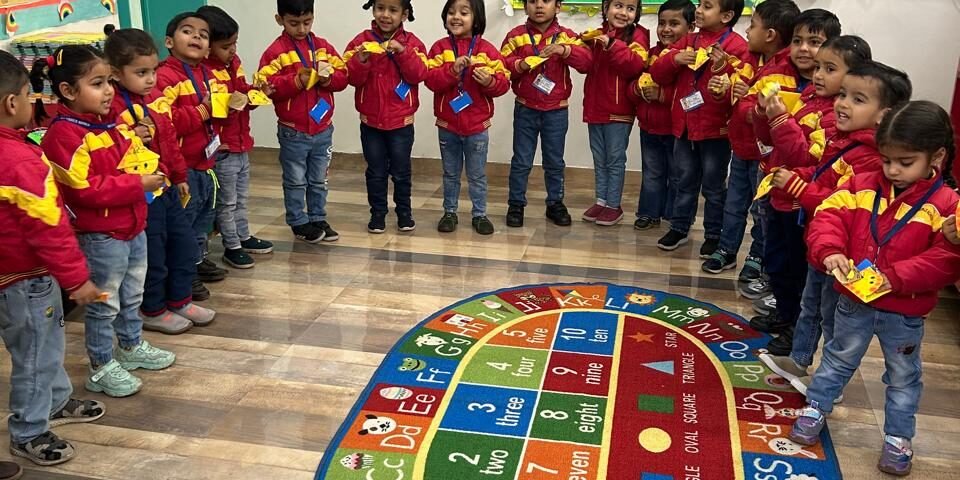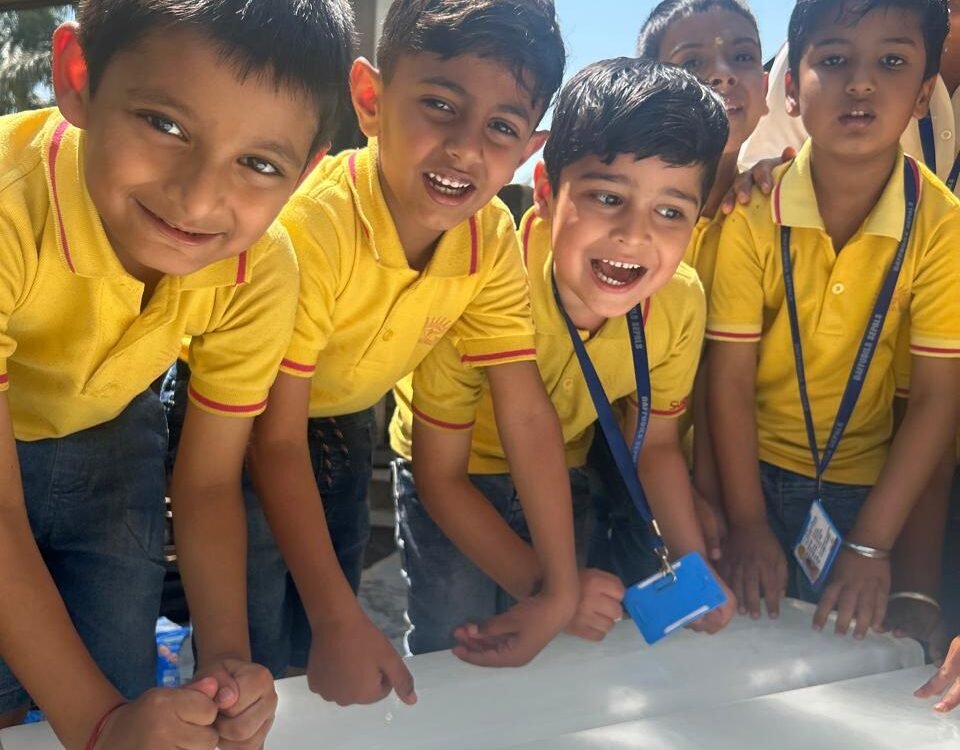Nurturing Young Minds

Discovering the Perfect Preschool
August 5, 2024Introduction: The preschool years are a magical time in a child’s life, full of curiosity, growth, and discovery. Choosing the right preschool can significantly impact your child’s development and future success. In this blog, we delve into the myriad benefits of preschool education and how it sets the stage for lifelong learning.
Building a Strong Foundation: Preschool is often a child’s first structured educational experience. It provides a foundation for learning both socially and academically, which will help your child succeed in kindergarten and beyond.
Social and Emotional Development:
- Social Interaction: Preschool offers a structured environment where children can interact with peers, learning vital social skills such as sharing, cooperation, and conflict resolution.
- Emotional Growth: Being away from parents for the first time helps children develop independence and emotional resilience. They learn to navigate their feelings and develop self-regulation skills.
Cognitive and Language Skills:
- Early Literacy: Preschools focus on pre-reading skills such as recognizing letters, storytelling, and developing a love for books, setting the stage for reading success.
- Numeracy: Basic math concepts are introduced through playful activities involving counting, sorting, and recognizing patterns.
- Language Development: Rich language experiences in preschool enhance vocabulary and communication skills, fostering a love for learning and self-expression.
Physical Development:
- Fine Motor Skills: Activities like drawing, cutting, and building with blocks help develop fine motor skills, essential for writing and other tasks.
- Gross Motor Skills: Outdoor play and physical activities improve coordination, balance, and overall physical health.
Creativity and Imagination:
- Art and Craft: Creative activities allow children to express themselves and develop fine motor skills. It also enhances their problem-solving abilities and critical thinking.
- Imaginative Play: Role-playing and pretend play stimulate creativity, helping children understand the world around them and develop empathy.
The Role of Teachers:
- Guidance and Support: Qualified and caring teachers are crucial in nurturing a child’s development. They provide a safe, stimulating environment and guide children through their learning journey.
- Individual Attention: A low student-to-teacher ratio ensures that each child receives personalized attention, catering to their unique needs and learning styles.
Preparing for Kindergarten and Beyond:
- Smooth Transition: Preschool prepares children for the more structured environment of kindergarten. They become accustomed to routines, following instructions, and working in groups.
- Academic Readiness: The skills and knowledge acquired in preschool lay the groundwork for academic success in elementary school and beyond.
Conclusion: Preschool is more than just a place for children to spend their day. It’s a vibrant, dynamic environment where young minds are nurtured, and the seeds of lifelong learning are sown. By providing a balanced mix of play, structured learning, and social interaction, preschool helps children develop holistically, setting them on a path to success.


